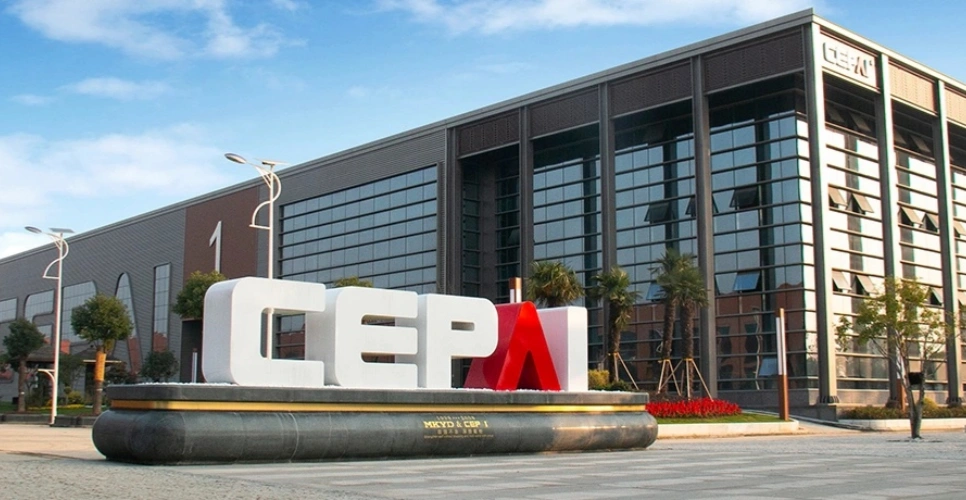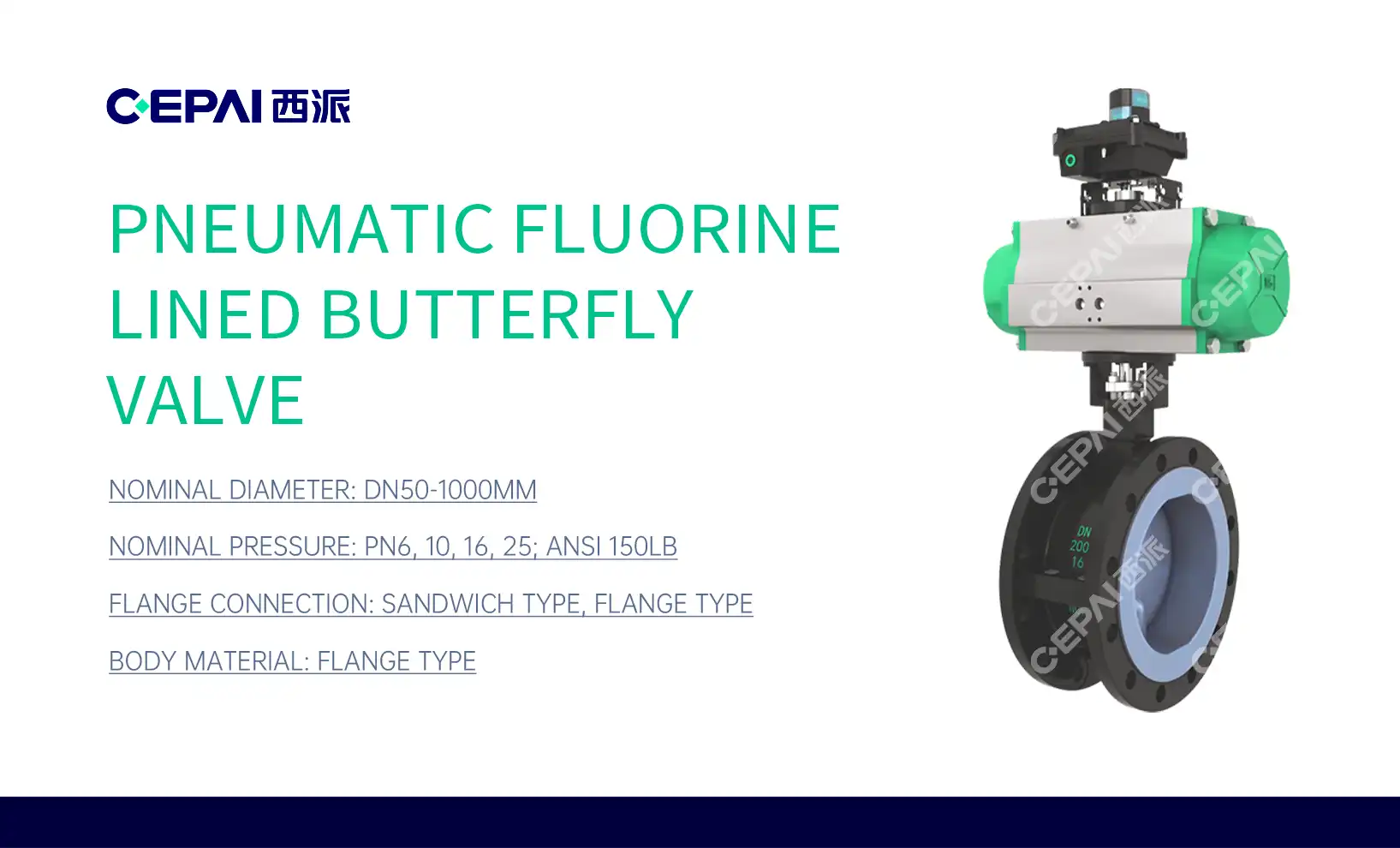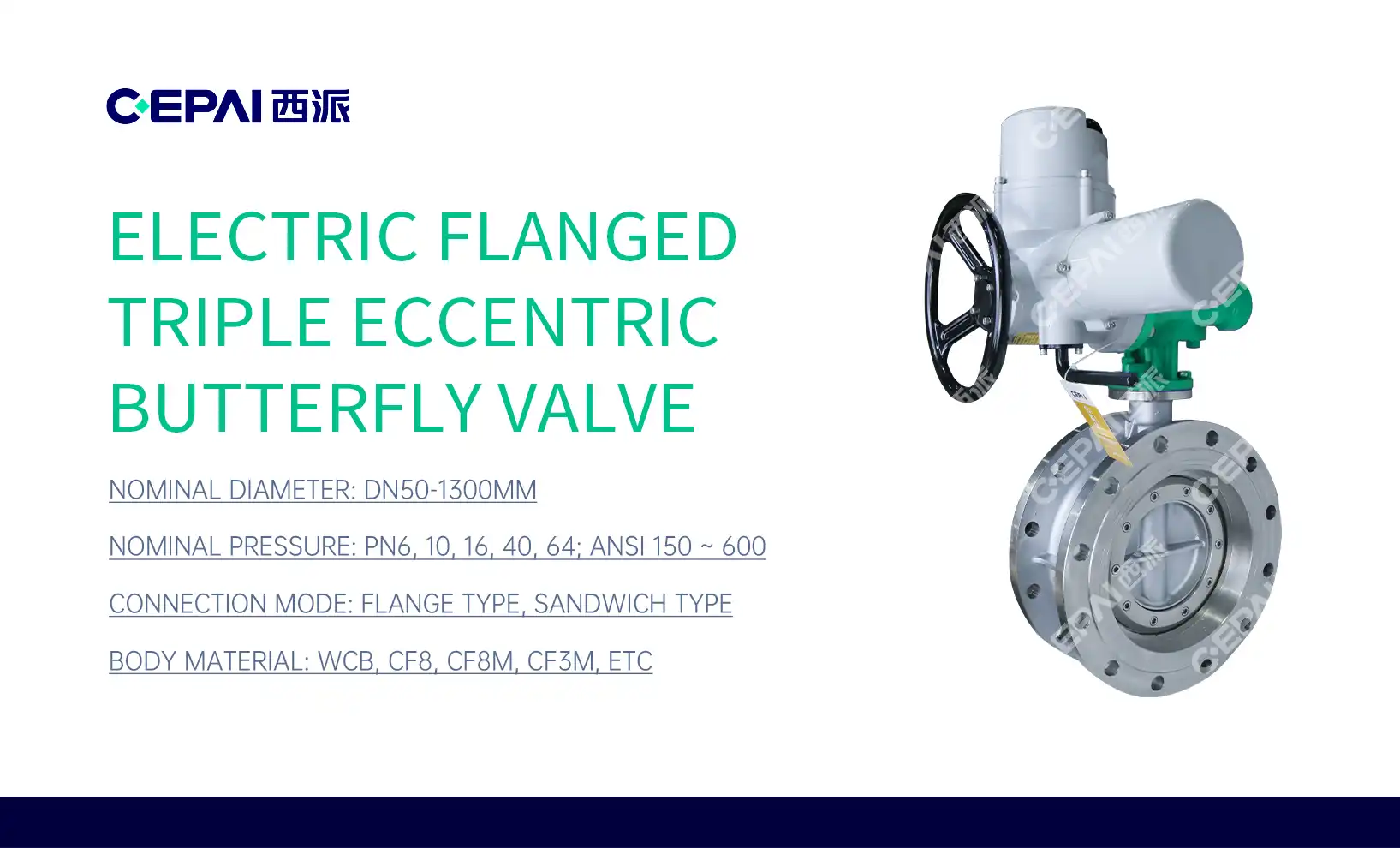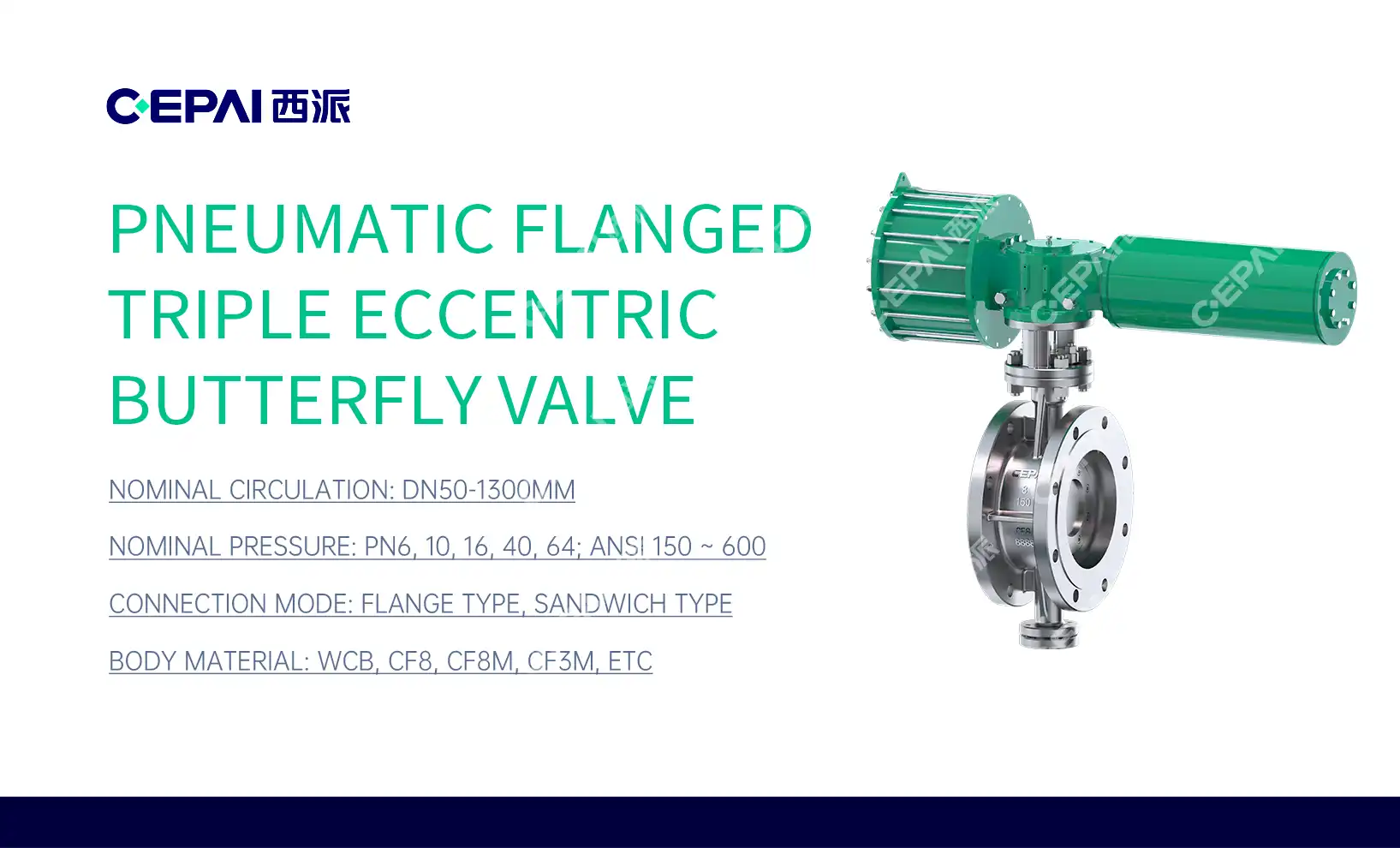Types of Ball Valves Used in Petrochemical Plants
Floating Ball Valves
Floating ball valves are widely employed in petrochemical plants for their simplicity and cost-effectiveness. These valves feature a ball that "floats" within the valve body, allowing for excellent sealing capabilities. The floating design enables the ball to adjust its position slightly, ensuring a tight seal even under varying pressure conditions. This type of ball valve is particularly suitable for applications involving moderate pressures and temperatures, making it a popular choice for general flow control in petrochemical processes.
Trunnion-Mounted Ball Valves
Trunnion-mounted ball valves are engineered to handle high-pressure applications commonly encountered in petrochemical plants. Unlike floating ball valves, the ball in trunnion-mounted valves is fixed in place by a trunnion at the top and bottom. This design reduces the operating torque and provides enhanced stability, making these valves ideal for large-diameter pipelines and high-pressure systems. Trunnion-mounted ball valves offer superior performance in controlling the flow of gases, liquids, and slurries under extreme conditions.
Metal-Seated Ball Valves
Metal-seated ball valves are specifically designed to withstand harsh environments and high temperatures prevalent in petrochemical processes. These valves feature metal-to-metal sealing surfaces, allowing them to maintain their integrity in applications where soft-seated valves would fail. The metal seats provide excellent resistance to abrasion, corrosion, and thermal cycling, making them suitable for handling aggressive chemicals and high-temperature fluids. Metal-seated ball valves are often used in critical isolation and control applications within petrochemical plants.
Critical Applications of Ball Valves in Petrochemical Processes
Feedstock Control and Distribution
Ball valves play a vital role in managing the flow of feedstock materials in petrochemical plants. These valves are used to control the distribution of raw materials such as crude oil, natural gas, and various chemical compounds throughout the facility. Their tight shutoff capabilities and precise flow control characteristics make ball valves ideal for regulating the supply of feedstock to different processing units. By ensuring accurate and reliable flow control, ball valves contribute to optimizing production efficiency and maintaining product quality in petrochemical operations.
Reactor Isolation and Safety Systems
In petrochemical reactors, where critical chemical reactions take place, ball valves are essential components of isolation and safety systems. These valves are strategically placed to provide quick and reliable shutoff in case of emergencies or during maintenance procedures. The fast-acting nature of ball valves allows for rapid isolation of reactor units, preventing potential hazards and minimizing downtime. Additionally, ball valves are often integrated into emergency shutdown systems, offering an extra layer of protection against equipment failure or process upsets.

Product Separation and Blending
Ball valves are extensively used in the separation and blending processes of petrochemical plants. These valves facilitate the precise control of different product streams, enabling efficient separation of various chemical components. In blending operations, ball valves allow for accurate mixing of different grades or types of products to meet specific quality requirements. Their ability to provide tight shutoff and precise flow control makes ball valves indispensable in achieving consistent product quality and optimizing production yields in petrochemical facilities.
Advantages of Ball Valves in Petrochemical Applications
Low Pressure Drop and High Flow Capacity
One of the primary advantages of ball valves in petrochemical applications is their low pressure drop characteristics. The full-bore design of many ball valves allows for minimal restriction to flow when fully open, resulting in reduced pressure losses across the valve. This feature is particularly beneficial in large-scale petrochemical processes where maintaining optimal flow rates is crucial for efficiency. The high flow capacity of ball valves also enables them to handle large volumes of fluids, making them suitable for applications ranging from small-diameter pipelines to major transport systems within petrochemical plants.
Excellent Sealing Properties and Leak-Tight Performance
Ball valves are renowned for their exceptional sealing capabilities, which are essential in petrochemical environments where preventing leaks is paramount. The spherical design of the ball, combined with resilient seat materials or metal-to-metal sealing surfaces, ensures a tight shutoff even under high-pressure conditions. This leak-tight performance is crucial for maintaining process integrity, preventing cross-contamination between different fluid streams, and enhancing overall plant safety. The reliable sealing properties of ball valves also contribute to reducing product losses and minimizing environmental impact in petrochemical operations.
Durability and Low Maintenance Requirements
Petrochemical plants often operate in harsh conditions, exposing equipment to corrosive chemicals, extreme temperatures, and high pressures. Ball valves are well-suited for these demanding environments due to their robust construction and durable materials. The simple design of ball valves, with fewer moving parts compared to other valve types, contributes to their longevity and reduced maintenance needs. This durability translates to lower lifecycle costs, less frequent replacements, and minimized downtime for maintenance activities. The low maintenance requirements of ball valves make them an attractive choice for petrochemical plant operators looking to optimize their maintenance schedules and reduce operational costs.
Conclusion
Ball valves have become indispensable components in petrochemical plants, offering reliable flow control, isolation, and safety features across various applications. Their versatility, durability, and excellent performance characteristics make them ideal for handling the diverse range of fluids and operating conditions encountered in petrochemical processes. From feedstock control to product blending, ball valves contribute significantly to the efficiency, safety, and reliability of petrochemical operations. As the industry continues to evolve, the role of ball valves in petrochemical plants is likely to expand, driven by ongoing improvements in valve design and materials technology.
Frequently Asked Questions (FAQ)
1. What are the main advantages of using ball valves in petrochemical plants?
Ball valves offer low pressure drop, high flow capacity, excellent sealing properties, and durability in harsh environments.
2. Can ball valves handle high-pressure applications in petrochemical processes?
Yes, trunnion-mounted ball valves are specifically designed for high-pressure applications in petrochemical plants.
3. Are ball valves suitable for handling corrosive chemicals?
Metal-seated ball valves are engineered to withstand corrosive chemicals and high temperatures in petrochemical processes.
4. How do ball valves contribute to safety in petrochemical plants?
Ball valves are essential components in reactor isolation and emergency shutdown systems, providing quick and reliable shutoff in case of emergencies.
5. What types of ball valves are commonly used in petrochemical applications?
Floating ball valves, trunnion-mounted ball valves, and metal-seated ball valves are widely used in petrochemical plants.
High-Quality Ball Valves for Petrochemical Applications | CEPAI
CEPAI Group Co., Ltd. is a leading manufacturer and supplier of high-performance ball valves for petrochemical applications. Our state-of-the-art intelligent manufacturing facility, featuring the longest high-precision flexible production line in the Asia Pacific region, ensures superior quality and consistency in our products. As a trusted ball valve supplier and manufacturer, we offer innovative solutions tailored to the demanding requirements of petrochemical plants. Contact us at cepai@cepai.com to learn more about our cutting-edge ball valve technology and how we can enhance your petrochemical operations.

References
Smith, J. (2021). Advanced Ball Valve Technologies in Petrochemical Processing. Journal of Valve Engineering, 45(3), 178-192.
Johnson, R., & Brown, T. (2020). Comparative Analysis of Valve Types for Petrochemical Applications. Chemical Engineering Progress, 116(8), 42-51.
Zhang, L., et al. (2022). Innovations in Ball Valve Design for Extreme Operating Conditions. Industrial & Engineering Chemistry Research, 61(15), 5372-5386.
Wilson, M. (2019). Safety Considerations in Valve Selection for Petrochemical Plants. Process Safety Progress, 38(2), e12064.
Peterson, K., & Lee, S. (2023). Performance Evaluation of Metal-Seated Ball Valves in High-Temperature Petrochemical Processes. Journal of Pressure Vessel Technology, 145(4), 041301.
Thompson, E. (2020). Lifecycle Cost Analysis of Valve Technologies in Petrochemical Facilities. Plant Engineering, 74(5), 27-33.

_1746598531170.webp)



